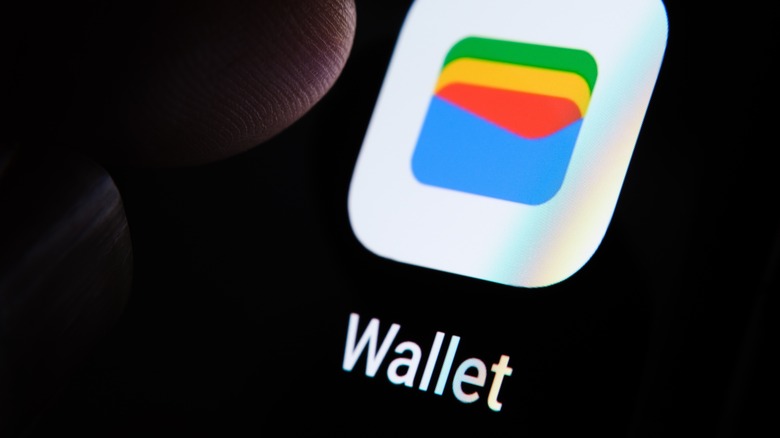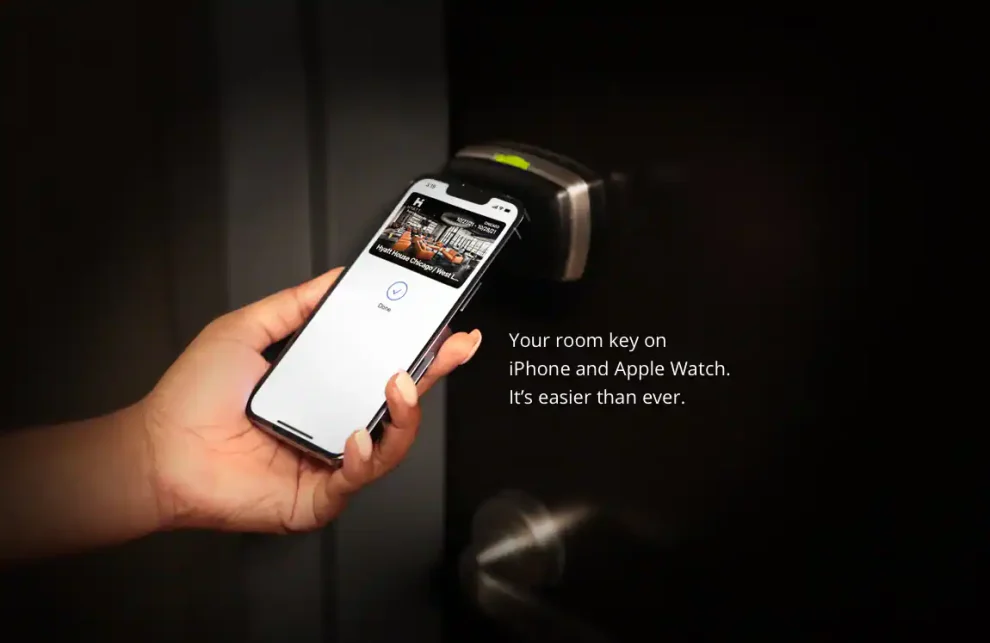The humble hotel key card has been a staple of the hospitality industry for decades. However, with the rise of smartphones and digital wallets, this traditional method of room access is rapidly becoming obsolete. As hotels embrace technological advancements, digital key solutions are gaining popularity, offering enhanced convenience, security, and a more streamlined guest experience.
The Rise of Digital Key Solutions
Digital key solutions, powered by mobile Wallets like Apple Wallet and Google Wallet, allow guests to use their smartphones as room keys. By storing digital keys within these apps, hotels can eliminate the need for physical key cards, reducing costs and improving efficiency.

Benefits of Digital Keys
- Enhanced Convenience: Guests can bypass the front desk and go directly to their rooms, saving time and reducing hassle.
- Increased Security: Digital keys are more difficult to lose or counterfeit, reducing the risk of unauthorized access.
- Touchless Experience: In the post-pandemic era, digital keys offer a contactless solution, minimizing the risk of virus transmission.
- Integration with Hotel Services: Digital keys can be integrated with other hotel services, such as room service and in-room dining, for a seamless guest experience.
How Digital Keys Work
Digital key solutions typically involve the following steps:
- Reservation and Check-In: Guests make a reservation and check in using traditional methods or online platforms.
- Digital Key Issuance: The hotel sends a digital key to the guest’s smartphone using a secure communication protocol.
- Unlocking the Door: Guests can unlock their room door by tapping their smartphone near a designated area.
- Security Features: Digital keys often incorporate advanced security features, such as encryption and biometric authentication, to protect against unauthorized access.
Leading Hotel Chains Adopting Digital Keys
Several major hotel chains have embraced digital key solutions, recognizing the benefits they offer to both guests and hoteliers. Some of the leading adopters include:
- Marriott International: Marriott has partnered with various technology providers to offer digital keys to its guests.
- Hilton Worldwide: Hilton has implemented digital keys across its portfolio of brands, including Hilton, Waldorf Astoria, and Conrad.
- Hyatt Hotels: Hyatt has been a pioneer in digital key technology, offering guests the option to use their smartphones as room keys.
Challenges and Considerations
While digital keys offer numerous advantages, there are some challenges to consider:
- Compatibility: Not all smartphones or hotel locks are compatible with digital key solutions. Hotels may need to invest in new hardware or software to implement this technology.
- Security Concerns: Although digital keys are generally secure, there is always a risk of hacking or unauthorized access. Hotels must implement robust security measures to protect guest data.
- Guest Adoption: Some guests may prefer the traditional convenience of a physical key card. Hotels need to educate guests about the benefits of digital keys and address any concerns.
The Future of Hotel Keys
As technology continues to advance, digital keys are likely to become the norm in the hospitality industry. The benefits of enhanced convenience, security, and efficiency outweigh the challenges, making digital keys a compelling solution for hotels and guests alike. As more hotels adopt this technology, we can expect to see even greater innovation and integration with other hotel services.
The days of traditional hotel key cards may be numbered. Digital keys offer a more convenient, secure, and efficient way for guests to access their rooms. As the technology continues to evolve, we can expect to see even more innovative solutions that enhance the overall guest experience.
















Add Comment